The abolition of the University Council at member universities needs to be thoroughly considered.
The Ministry of Education and Training is seeking opinions on the second draft of the Law on University Education (amended). Article 13 proposes to abolish the University Councils of member universities of National Universities and Regional Universities.
At the discussion "Comments on the draft Law on Higher Education: Keep or abolish the two-level school council?" organized by the Ho Chi Minh City Law Newspaper on the afternoon of July 10, Mr. Dinh Duc Tho - Deputy Editor-in-Chief of the Ho Chi Minh City Law Newspaper, said that in Vietnam, National Universities and Regional Universities are applying a two-level governance model including the University Council at the system-wide level and the School Council at each member school. In theory, this model connects the general orientation of the university with the autonomy of each school. However, in practice, the coexistence of two levels of councils raises some concerns.
According to Mr. Tho, the draft Law on Higher Education (amended) proposing to abolish the University Council at the member school level is a major issue that needs to be thoroughly considered. Because this is not only an organizational adjustment but also a strategic decision, directly affecting the autonomy, decision-making mechanism and individual development of each university, and at the same time deeply affecting the quality of human resource training for the country.
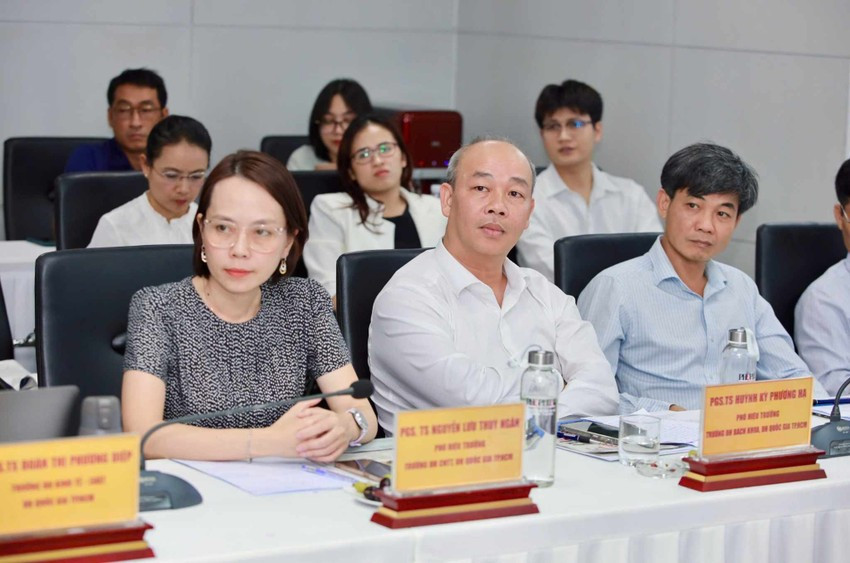
Professor Le Minh Phuong, Chairman of the Council of Ho Chi Minh City University of Technology, said that Ho Chi Minh City University of Technology is the first university in the Ho Chi Minh City National University system to organize a School Council in accordance with the provisions of the Law on Higher Education 2018. The School Council has 25 members, many components. The mechanism of operation is periodic, public, and votes on strategic decisions.
Professor Le Minh Phuong said that the draft proposal "University education institutions under the Ministry of National Defense, the Ministry of Public Security and member universities of national universities and regional universities do not organize university councils" (in Article 13) is a worrying issue.
“Article 13 of the draft contradicts the principle of university autonomy, goes against the Law on Higher Education 2018 (amended) and Resolutions 19 and 29 of the Central Committee. Imposing a governance model without a University Council means depriving the core autonomy of management organization,” Mr. Phuong said.
Mr. Phuong proposed to amend the regulation in Article 13 regarding “No University Council” in member universities of national universities and regional universities according to the viewpoint that “all higher education institutions have equal autonomy”; maintain the university council model according to the 2018 Law on Higher Education for all civil universities. In addition, there should be an independent impact assessment, a wide survey of member universities; ensure that all law adjustments are based on practical evidence, scientific data and independent assessment, not speculation.
Two independent institutions, no need to be abolished
Associate Professor, Dr. Doan Thi Phuong Diep, Head of the Legal Inspection Department of the University of Economics and Law (Ho Chi Minh City National University), said that keeping or removing the two-level school council model are legal and practical issues that need to be thoroughly resolved. According to Ms. Diep, the "two-level" school council model originated from the 2012 Law on Higher Education and was clarified through the 2018 amendment, Decree 186. However, the term "two-level" is not accurate, because the relationship between these two types of councils is not a superior-subordinate relationship but two independent institutions in terms of governance within a university institution.
The University Council is the highest governing body at a member university, while the University Council mainly focuses on the strategic level of the system, not directly supervising or managing each member university. The University Council deals with all the work related to the operation of the university, while the University Council is concerned with strategic decisions and development of the university. If a member university abandons the University Council, "pushing" all of those functions to the University Council is impossible - both impractical and inconsistent with current legal regulations.
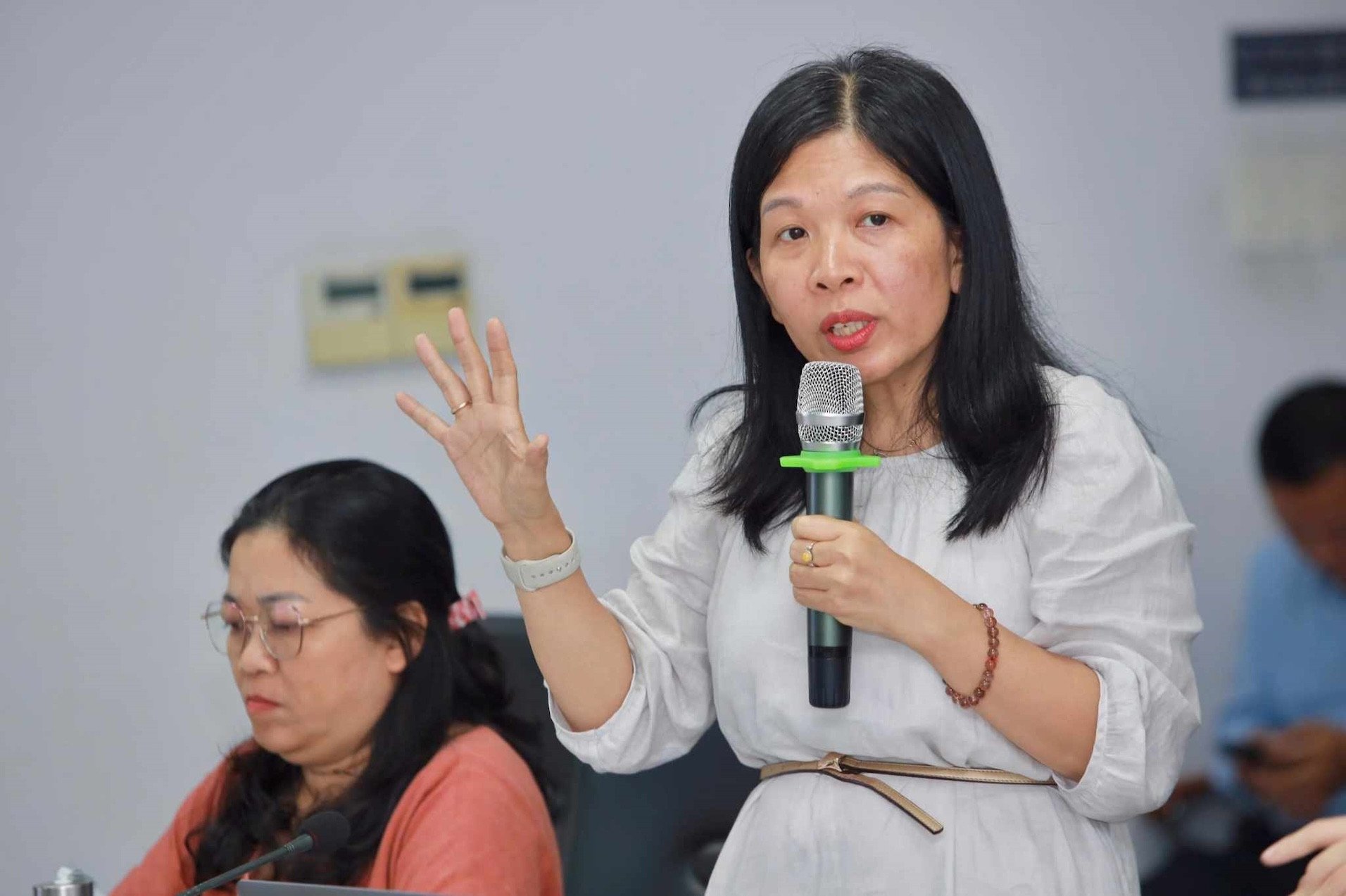
According to Ms. Diep, the current Law on Higher Education is a harmonious combination of two models, with both administrative elements and the role of supervision, criticism and community connection. This is a progressive structure that needs to be promoted instead of abolished. The 2018 Law clearly identifies the University Council as the highest administrative organization at each university. This institution is not costly because it does not operate regularly. However, it creates a necessary "counterbalance" to effectively supervise the board of directors, ensure transparency and improve the quality of administration.
The abolition of the University Council not only undermines university autonomy, but also goes against the trend of modernizing higher education, both in theory and international practice.
Sharing this view, Associate Professor Dr. Le Tuan Loc, Chairman of the University Council of the University of Economics and Law, said that the draft revised Law on Higher Education does not clearly distinguish between national universities, regional universities and other universities, but seems to be grouped into one type.
According to him, the draft law needs to distinguish between the concepts of “university”, “university” and “university system”, because this is directly related to the organization and role of the University Council and the School Council – in which, autonomy essentially originates from the member schools.
Mr. Loc believes that the current School Council, with the participation of many components, is an institution that ensures supervision, objectivity and makes accurate decisions.
“The University Council at member schools is operating well, so there is no reason to change it. If we remove the University Council, the system will become overloaded, cumbersome and inflexible in handling specific issues. Therefore, we need to continue to maintain the University Council at member schools, and at the same time, we can add regulations to improve operational efficiency,” Mr. Loc suggested.
Associate Professor Dr. Doan Duc Luong, Rector of the University of Law - Hue University, said that maintaining the University Council at member universities is an indispensable institution. He said that because member universities are true higher education institutions, fully performing functions and tasks like other universities, the University Council is an essential factor in university governance.
Source: https://vietnamnet.vn/hoi-dong-truong-khong-gay-ton-kem-khong-can-xoa-bo-2420319.html





![[Photo] National Assembly Chairman Tran Thanh Man receives First Vice Chairman of the Federation Council of the Federal Assembly of the Russian Federation](/_next/image?url=https%3A%2F%2Fvphoto.vietnam.vn%2Fthumb%2F1200x675%2Fvietnam%2Fresource%2FIMAGE%2F2025%2F12%2F02%2F1764648408509_ndo_br_bnd-8452-jpg.webp&w=3840&q=75)





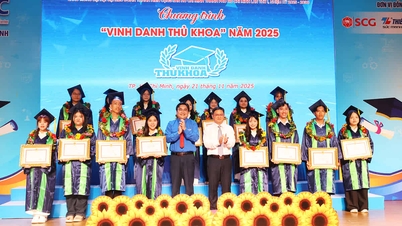

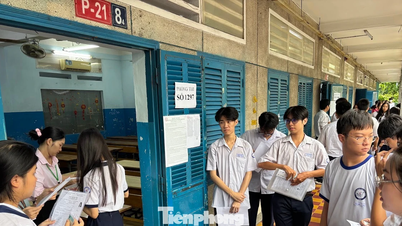


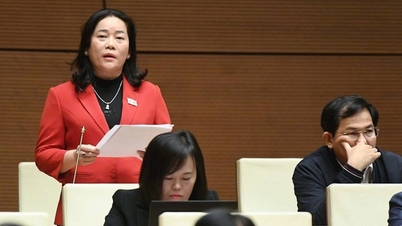







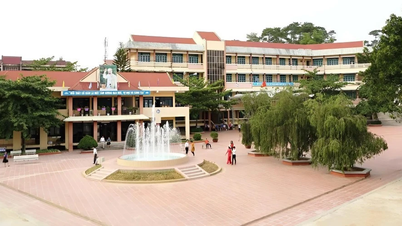








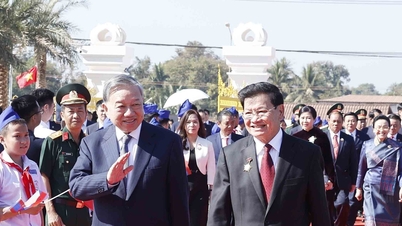
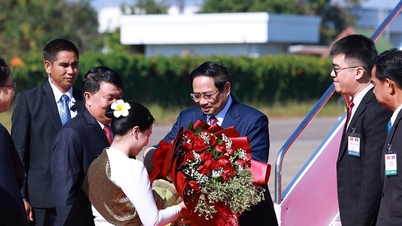
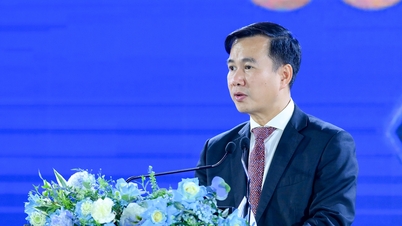
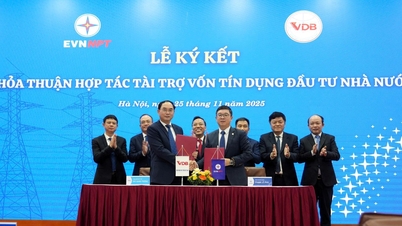





































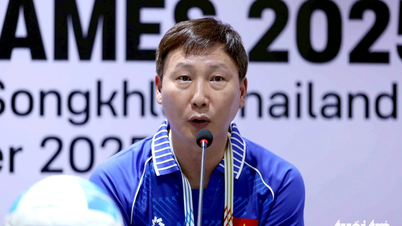



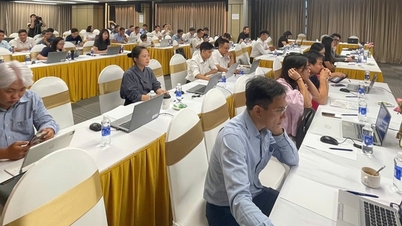

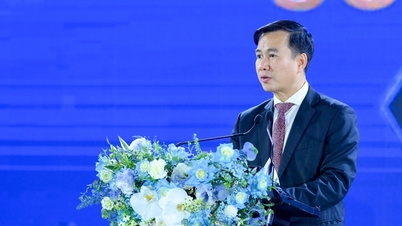
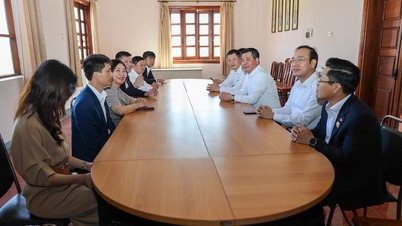

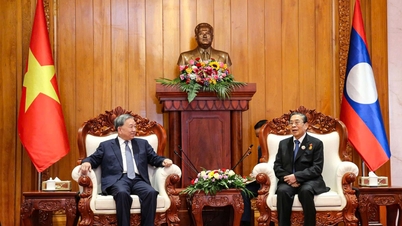

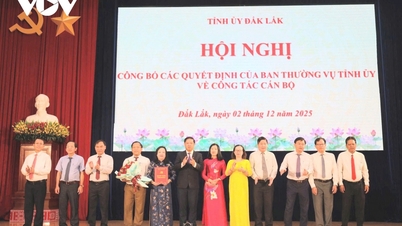
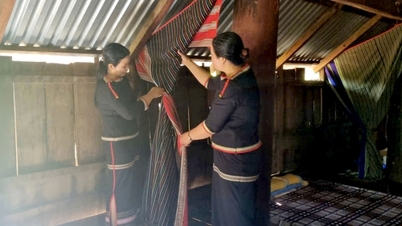





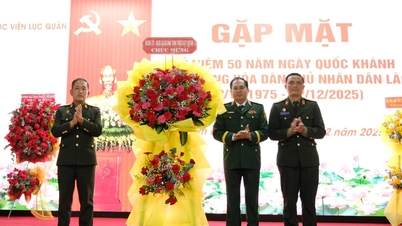
















Comment (0)